Slum Dwellers Struggle To Maintain Social Distance Amid India Lockdown
Karamchand Rameshwar - Apr 08, 2020
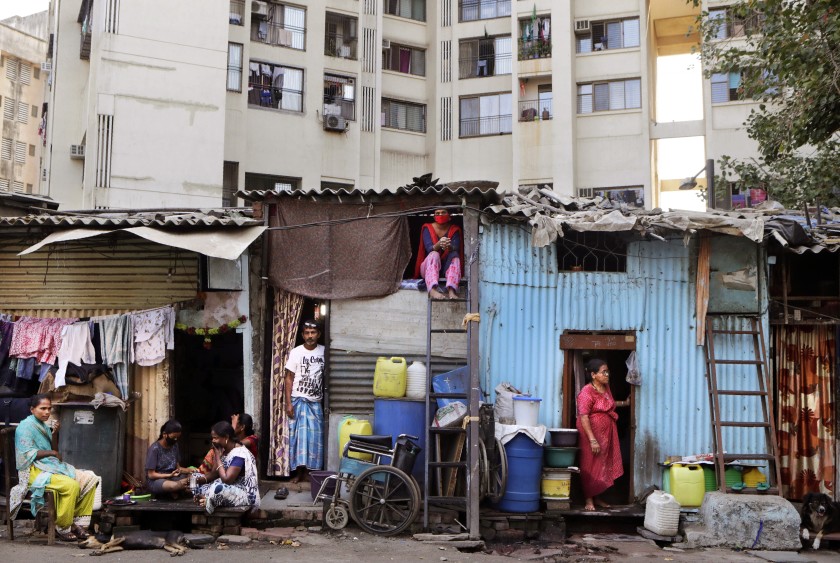
The Indian government has ordered a nationwide India lockdown since March 25, but millions of poor people living in slums in Mumbai can't help but go out.
- This Man's Super-Antibody Can Be Diluted 10,000 Times But Still Works Against COVID-19
- These Indian Cities Are Under Lockdown Again In 2021
- India To Review Covishield Vaccine After Report Of Blood Clots Following Vaccination
For the last two days, Jeetender Mahender - a Dalit sanitation worker - could not leave his home in a slum in north Mumbai except when going to the toilet.
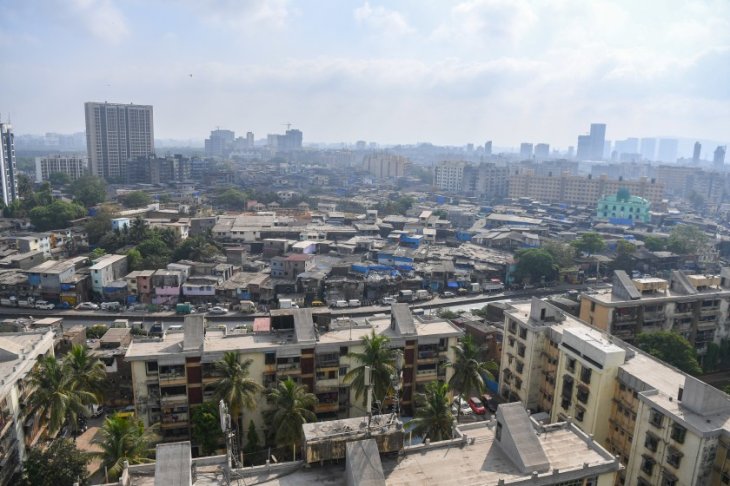
Mahender was in a desparate situation because he lived in a slum that lacked running water and toilets and his family had a very low amount of food. He also had no salary because he could not go to work. However, Mahender was not the only one in trouble with Prime Minister Narendra Modi's 21-day India lockdown.
Isolation is relatively easy for India's middle and upper classes. Inside their home, they have food to spare and computers to work remotely. But with 74 million people (1/6 of India's population) living in the slums, social distancing is nearly economically and physically impossible.
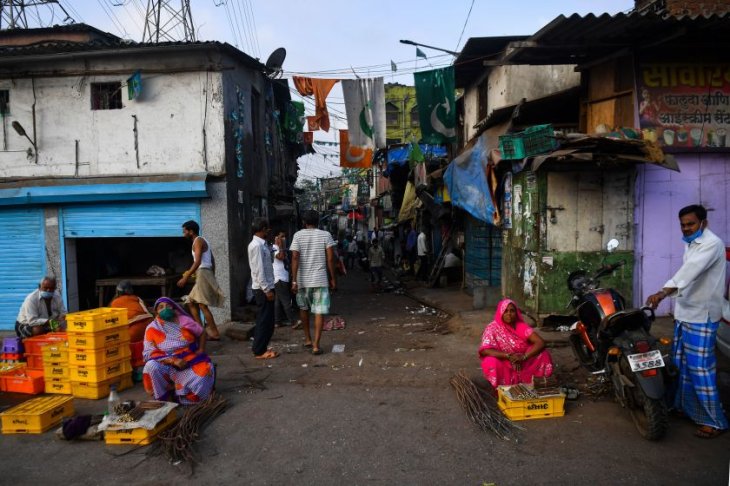
"The lanes are so narrow that when we cross each other, we cannot do it without our shoulders rubbing against the other person," Mahender said. "We all go outdoors to a common toilet and there are 20 families that live just near my small house.
To date, at least one person in the Mumbai slum has been infected with the coronavirus. Scary emotions spread, thousands of migrant workers fled the slums to return home by bus or personal vehicle, leading to the risk of carrying the virus to other parts of the country.
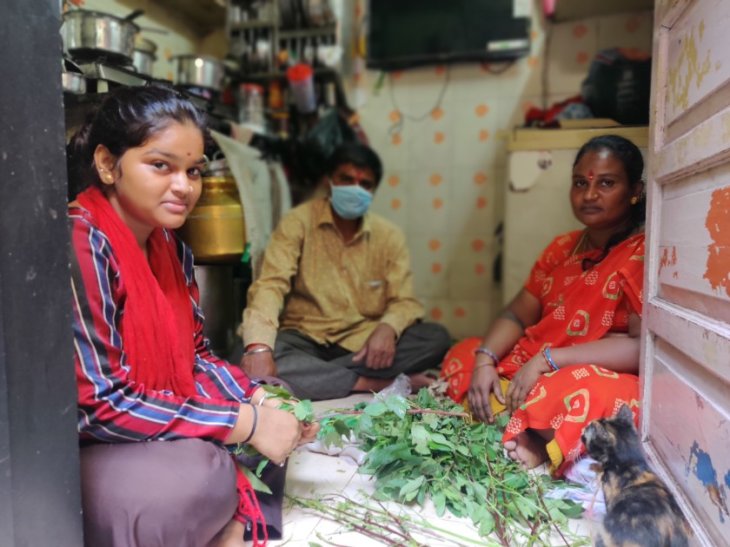
Clean water is the reason poor Indians are forced to leave their homes every day. Sia, a construction worker in Gurugram, always gets up at 5 am every morning to fetch water from a public water tank. This tank serves 70 migrant construction workers.
Like Sia, most women living in slums must leave their homes daily to collect clean water. Without bathrooms and showers in the home, public water tanks are their only clean water source.
A recent CFS survey found that in Dharavi slums in Mumbai, an average of 1,440 residents use the same toilet. Up to 78% of public toilets in Mumbai slums lack clean water.

Some studies have shown that COVID-19 exists in human feces. Therefore, a large number of people using the same toilet will lead to the risk of widespread infection.
In addition to clean water, the second reason for the impoverishment of poor Indians is employment. According to the International Labor Organization (ILO), the income of workers entering India ranges from 138-449 rupees a day, just enough for one day.
"Migrant workers have no income without working," said economist Arun Kumar. "The paralysis of supply chains leaves many people out of work. They have no money to stock up on supplies and food."
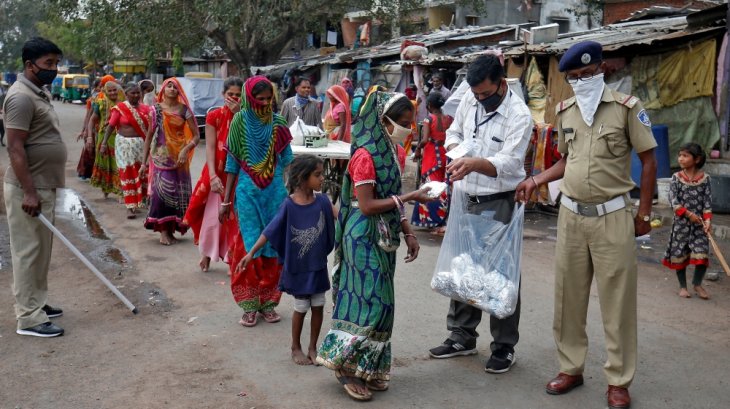
In general, poor Indian workers face a dilemma: leaving home to work, being at risk of infection or staying home and suffering from hunger. Some have no other choice. For example, sanitation workers still have to work.
"They are required to go to work every day. Some even collect hospital waste and then come back and live in these crowded slums. They are not equipped with protective equipment such as masks and gloves, nor instructions on how to prevent viruses.", said Milind Ranade, the founder of Kachra Vahatuk Shramik Sangh, an organization focused on labor issues based in Mumbai.
Mahender said he earns 66 USD / month to support a family of 6. “I have not been given a mask or gloves, not even a soap to wash my hands before my meals. I know if I don't go today, they will hire someone else?”, Mahender said.
Shortly after the India lockdown, the states of Uttar Pradesh, Bihar and Haryana arranged hundreds of buses to transport workers to their hometowns, causing chaos at bus stations. However, Prime Minister Modi ordered state governments to seal the borders and stop people to get back to their homeland to prevent the spread of the disease.
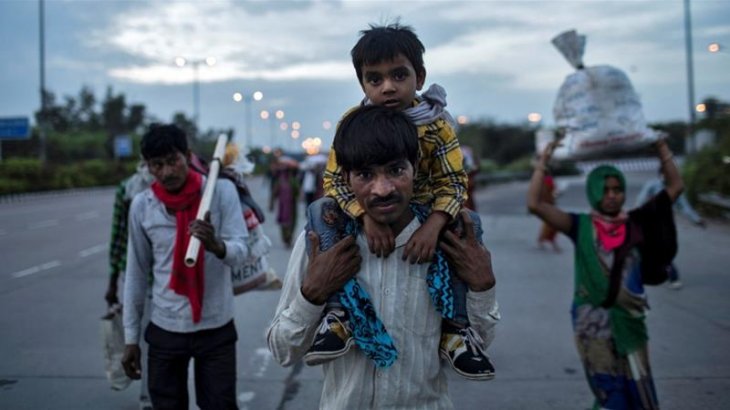
>>> Corona Tips Updating: Some Of The Most Commonly Asked Questions
Featured Stories

Features - Jul 01, 2025
What Are The Fastest Passenger Vehicles Ever Created?

Features - Jun 25, 2025
Japan Hydrogen Breakthrough: Scientists Crack the Clean Energy Code with...

ICT News - Jun 25, 2025
AI Intimidation Tactics: CEOs Turn Flawed Technology Into Employee Fear Machine

Review - Jun 25, 2025
Windows 11 Problems: Is Microsoft's "Best" OS Actually Getting Worse?

Features - Jun 22, 2025
Telegram Founder Pavel Durov Plans to Split $14 Billion Fortune Among 106 Children

ICT News - Jun 22, 2025
Neuralink Telepathy Chip Enables Quadriplegic Rob Greiner to Control Games with...

Features - Jun 21, 2025
This Over $100 Bottle Has Nothing But Fresh Air Inside

Features - Jun 18, 2025
Best Mobile VPN Apps for Gaming 2025: Complete Guide

Features - Jun 18, 2025
A Math Formula Tells Us How Long Everything Will Live

Features - Jun 16, 2025
Comments
Sort by Newest | Popular